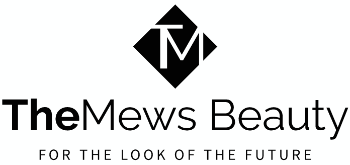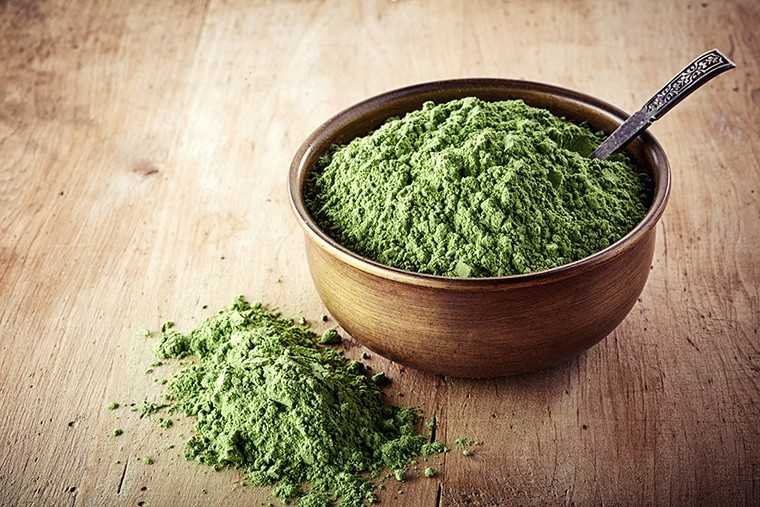Henna is made from the Lawsonia inermis plant, often called the henna tree, the mignonette tree, and the Egyptian privet, which is the only species in the genus Lawsonia. It has been used to color hair, skin and fingernails, along with materials like wool, silk and leather in ancient Egypt.
Below mentioned are some benefits of henna for hair:
Table of Contents
Advantages of Henna powder
Stimulates hair growth
Henna contains a variety of strong antioxidants, such as tannins and phenolics. These facilitate the stimulation of hair follicle growth, the prevention of hair loss, and the maintenance of a healthy scalp. Hair development and thickness may improve by applying an even amount of shampoo enriched with henna ingredients and shampooing hair two to three times per week.
Controls the secretion of oil
The sebaceous glands on the scalp generally produce oil, and in certain cases of severe outdoor environmental conditions or other underlying health complications, excessive oiliness appears on the scalp, causing continuous itching, irritation and loss of hair.
After properly washing the hair, apply a henna-based conditioner to the hair to help regulate oil secretion and improve hair structure.
Dandruff can be controlled
Henna may prove to be a fantastic natural treatment for dandruff as well as other microbial problems of the scalp; all thanks to its antifungal characteristics.
One or two times a week, massage your scalp and hair with henna powder paste combined with some drops of lemongrass oil. This easy and simple remedy eliminates dandruff quickly, reducing scalp itching and discomfort.
Damaged hair is repaired
Henna has a variety of hair-strengthening ingredients, such as proteins, vitamin E and antioxidants all of which can greatly improve hair health. Cleansing the hair and scalp with henna-based shampoos and conditioners on a regular basis helps to prevent dryness, split ends and stimulate the growth of long and thick hair.
Avoids premature graying
Henna is a superb dyeing product for concealing graying and aging hair since it is an organic herbal substance that naturally includes a reddish-brown coloring ingredient. Mixed with green tea extracts, it gives hair a naturally dark color while also promoting the growth of long, thick and healthy hair.
Is Henna Safe to Use?
The majority of henna variants are absolutely non-toxic and safe, although black henna has the possibility to cause allergic reactions, such as skin rashes.
Uses of Henna
Conditioner for the hair
Henna has the ability to cover the hair strands while also strengthening the hair shaft. Hence your hair will be smooth and free of split ends. For this Purpose, Henna should be mixed with enough water to make a consistent paste.
Put three tablespoons of lime water in the mixture. Stir thoroughly and set aside for 30 minutes. Add two tablespoons of yogurt. The combination can be used directly on your hair. Rinse with a standard shampoo to remove the stuff from the hair.
For Scalp Care
Henna can strengthen hair and calm inflammation in the scalp, making it an effective dandruff remedy. It relieves irritation and roughness while also preventing recurrence.
For an Anti-dandruff henna mixture, consider the following procedure:
Add a teaspoon of mustard oil to a sufficient amount of henna. Fenugreek seeds should be soaked overnight and ground the following morning. To the Henna and Mustard Oil combination add the ground Fenugreek.
After you have combined everything and formed a paste, you may apply it simply to your scalp. Gently massage it. After 30 minutes, peel the Henna mixture out and wash your hair with standard shampoo. Then you must apply conditioner. It preserves the healthy alkaline-acid balance on the hair when used. Even it can properly eliminate dirt.
Ultimately, it promotes the improvement of hair health. It reduces breaking and improves the gloss and look of the hair.
For coloring the hair
Henna Powder is a common hair dye that gives much beautiful colored hair. Get your henna powder prepared according to the length of your hair. To make a smooth paste, add sufficient water. While mixing, pour in the lime water.
Cover the pot in which you prepared the mixture with a cloth and set aside for a whole day, or simply wait unless its color becomes brown. Directly apply it to the hair. Allow two hours for the mixture to completely absorb into your hair before rinsing with the usual shampoo and then apply the conditioner.
Availability of Henna
Black Henna
Black henna should not be used on your hair. However, it is frequently used to dye cloths and is available in any market. When compared to organic henna, it is a good product for color uniformity since it includes chemicals.
Brown Henna
That is the product we refer to as organic and natural henna. Brown henna is non-toxic and may be applied to both the skin and the hair. It’s one of the purest henna powders in the markets.
Henna Paste
Henna is also being marketed paste form that can be used instantly on the hair or skin. Henna paste, on the other hand, has a limited lifespan compared to traditional hair colors. The good news is that it’s already blended and prepared and suitable to use immediately. Henna paste is advised if you have an upcoming event and have limited time.
Types of Henna
Henna comes in three forms. Natural henna, Neutral henna, and Black henna are the three types of henna. Each has a unique function.
Natural Henna
It is 100% natural henna powder manufactured from the best leaves available. There are no chemicals or toxic items in it. It is one of the most effective natural hair care remedies. It is an excellent conditioner that promotes hair development.
Neutral Henna
Cassia Obovata is the botanical name for neutral henna. The pods, leaves, and seeds of this blooming tree are used to prepare powerful herbal remedies. It moisturizes the hair and has some of the same hair-care benefits as henna, but it does not color the hair.
Black Henna
Because it contains chemicals, black henna may harm and destroy the hair. Paraphenylenediamine (PPD) containing products, such as chemical hair dyes, must be avoided at all costs. Henna in its natural state is all right to use.




